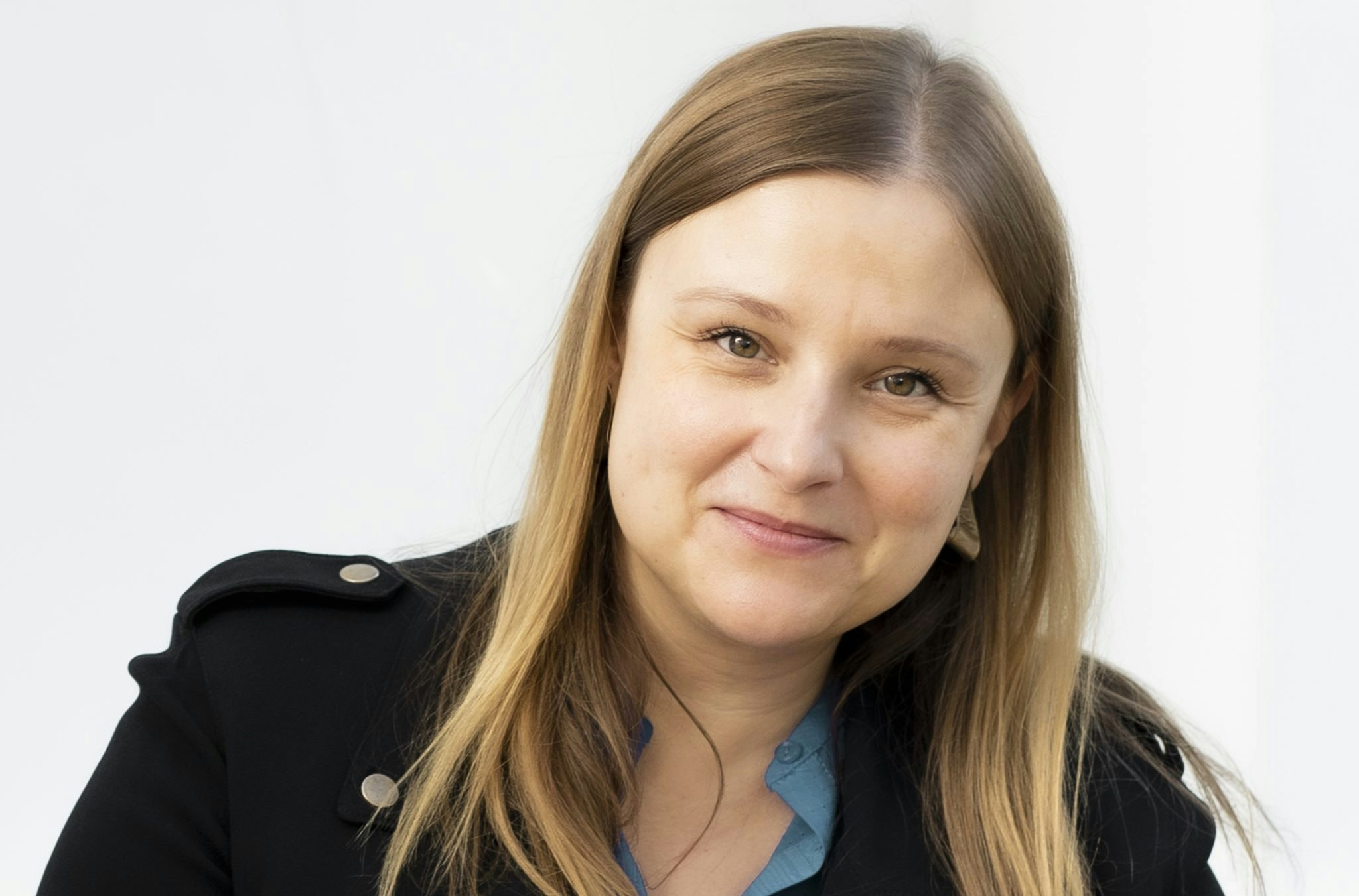The European Investment Fund (EIF) on Thursday announced a €60m investment into a VC firm led by a former senior executive at Elon Musk’s SpaceX, in the hope of leveraging this experience to boost spacetech investment on the continent.
Bulent Altan — a Turkey-born engineer and manager who spent more than a decade at SpaceX, most recently as the vice president of satellite mission assurance — cofounded spacetech VC firm Alpine Space Ventures (ASV) in 2021. ASV has now raised over €100m and hopes to close its fund at €160m in the next few months.
The EIF is one of the biggest investors in VC in Europe — and this is its first investment in a spacetech-focused fund. Altan’s experience — and that of 20 other former SpaceX employees who have also invested in the fund — was a big draw, an EIF spokesperson says: “Europe cannot have a strong space environment without people who know the business.”
Why Europe can compete with the US
Altan believes Europe could compete with the US private space market — despite the fact that it’s grown at a much faster rate over the last decade, with SpaceX dominating the field.
“Payroll is the biggest single expense of any space company and Europe is a far cheaper place to run a company compared with the US, where salaries are enormous,” he tells Sifted.
Another reason: US national security fears mean there are restrictions on non-nationals working in sensitive space areas, “so Europe is becoming the de facto destination for the best minds,” he adds.
Altan's — and ASV’s — pitch
ASV, which Altan founded with investment banker Joram Voelklein, will back companies at Series A, writing tickets of €1m-5m. It’s already invested in four spacetech companies: Reflex Aerospace, Morpheus Space and Blackwave, all based in Germany, and Source Energy, based in Colorado. ASV plans to back a further 11 companies over the next few years.
Altan thinks there’s a “trillion-dollar” opportunity in satellites, whether it’s building or servicing them. SpaceX and competitors are launching thousands of satellites — creating a mega-constellation that will connect the entire planet to the internet.
He also thinks there’s money to be made in looking at where future regulation will land. For example, he believes legislators will pressure satellite operators to take more control over their space vehicles in the future to avoid orbital congestion. “You will need to maneuver and that means you will need propulsion technology. But on the smallest satellites, this tech is missing. This led us to Morpheus, which is developing small rocket boosters to solve this problem.”
ASV isn’t Altan’s only venture. He’s currently also co-CEO of Mynaric, a listed German company that makes optical communication space terminals, a device which uses a laser to send data from one point to another.
He’s also chair of one of Europe’s biggest spacetechs, German rocket maker Isar Aerospace, which in March raised a $165m Series C — 2023's biggest spacetech round globally so far. The Munich-based startup hopes to send its first rocket to space later this year and has now raised $330m in less than five years.
Isar’s raise is huge money for European space but still miles behind the kind of cash SpaceX pulls in. Notorious US VC firm Andreessen Horowitz is reported to be leading a $750m round for Musk’s company this year.
Killing off zombies
EIF’s wager on ASV comes in a year that has seen Europe defy expectations in spacetech.
VCs and angels retreated from the sector last year with private investment falling 58%, according to research from VC firm Space Capital.
But European spacetech has made a decent recovery in 2023, attracting $565m in the first quarter of this year, with Isar’s raise accounting for a big slice of this amount, according to a study by Seraphim, a UK spacetech VC. The US, meanwhile, raised $456m in this period.
Altan says he expects the sluggish economy will redirect money and attention away from bad companies.
“Getting deals done is not going to be easy this year — and it shouldn’t be. We had an over-appetite in recent years, resulting in a long list of zombie companies, which are a drain, sucking up talent, attention and money. We’re seeing a healthy correction and informed investors stand to benefit,” he says.


